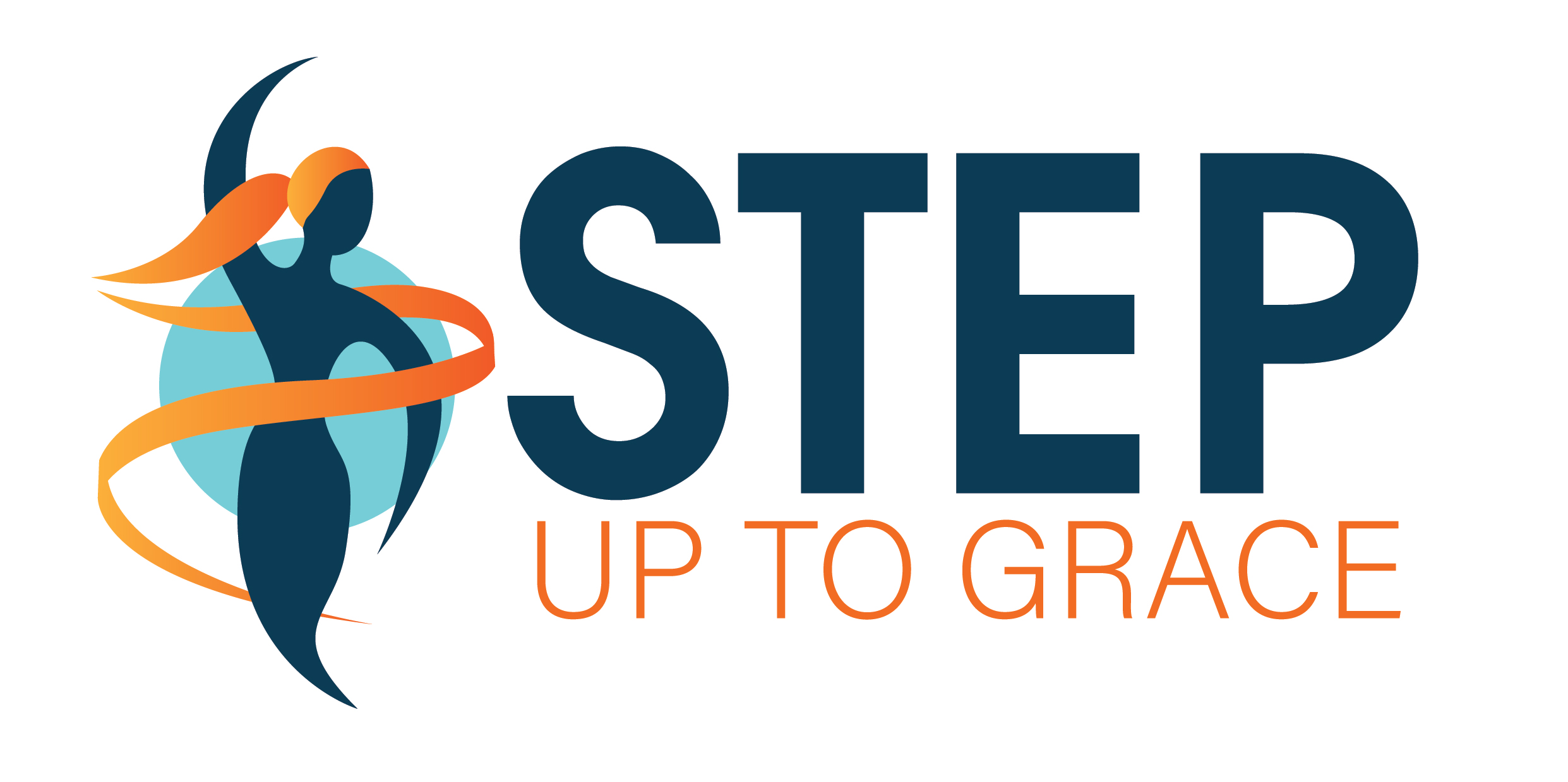![]()
Behavioral health is a term used to describe the physical, mental, and emotional well-being of a person. It is an umbrella term that encompasses mental health, emotional health, and social health. Mental health is a state of psychological well-being and includes the ability to process emotions, think logically, and make reasoned decisions. Emotional health is the ability to manage and express feelings and to have healthy relationships. Social health is the ability to build and maintain relationships with others and to interact positively in social situations.
Behavioral health disorders are a group of mental health conditions that involve changes in thinking, emotions, or behavior that cause distress and difficulty functioning in everyday life. These disorders can affect a person’s ability to function in social, work, or educational settings and cause physical and psychological symptoms. Common symptoms of behavioral health disorders include poor concentration, difficulty sleeping, changes in appetite, fatigue, irritability, and feelings of hopelessness or helplessness. Treatment for behavioral health disorders typically includes a combination of therapies such as cognitive behavioral therapy, medication, and lifestyle changes. It is important to find a therapist to seek professional help if you or someone you know is experiencing symptoms of a behavioral health disorder. Some of the common behavioral disorders are:
- Attention Deficit Hyperactivity Disorder (ADHD): Attention Deficit Hyperactivity Disorder (ADHD) is a mental health disorder that affects around 11% of school-aged children and 4% of adults in the United States. It is characterized by a persistent pattern of inattention, hyperactivity, and impulsivity that interferes with an individual’s ability to function in everyday life. This is a disorder characterized by difficulty with concentration, impulsivity, and hyperactivity. It is one of the most common behavioral disorders, especially in children. The individual treatments, there are also strategies that family members, teachers, and employers can use to help manage the symptoms of ADHD. These include creating an organized environment, setting clear goals and expectations, breaking tasks down into smaller steps, and providing positive reinforcement for success.
- Oppositional Defiant Disorder (ODD): This is a disorder characterized by hostile, disobedient, or defiant behavior toward authority figures. It is most common in children and adolescents, and can be treated with therapy and medication. ODD is a disorder of impulse control, and those who experience it struggle to follow rules, manage anger, and control their behavior. They may experience difficulty in following instructions, have a strong need for attention, and appear to be constantly on the defensive. Symptoms of ODD may include frequent temper tantrums, arguing with adults, deliberately trying to annoy or bother others, blaming others for their own mistakes, and refusing to comply with rules or requests.
- Autism Spectrum Disorder (ASD): This is a disorder characterized by difficulties with social interaction, communication, and repetitive behaviors. Autism Spectrum Disorder (ASD) is a neurological disorder that affects the way an individual’s brain processes information, resulting in difficulty communicating, forming relationships, and regulating emotions. People with ASD often experience difficulty understanding social cues, engaging in social interactions, and developing meaningful bonds with others. It can also manifest in physical symptoms, like difficulty sleeping, sensory sensitivities, and digestive issues.
- Obsessive-Compulsive Disorder (OCD): This is a disorder characterized by persistent and intrusive thoughts, as well as compulsive behaviors. Obsessive-Compulsive Disorder (OCD) is a type of anxiety disorder that is characterized by the presence of intrusive thoughts, images, or impulses that cause significant distress and interfere with daily functioning. People with OCD may experience repetitive and intrusive thoughts, images, or impulses that they find difficult to control, as well as intense urges to perform certain behaviors or rituals. Common rituals include hand-washing, checking, counting, and organizing objects. People with OCD often experience significant distress due to their inability to control their thoughts and behaviors. Despite feeling anxiety and distress, they may be unable to stop performing their rituals. OCD can have a significant impact on the individual’s quality of life, as it can interfere with many aspects of daily functioning such as work, school, and relationships.
- Post-Traumatic Stress Disorder (PTSD): This is a disorder characterized by intrusive memories of a traumatic event, as well as avoidance of reminders of the event. Post-Traumatic Stress Disorder (PTSD) is a mental health condition that is triggered by a traumatic event. It can manifest in a variety of ways, including intrusive thoughts, flashbacks, nightmares, emotional numbness, hypervigilance, and avoidance of anything related to the traumatic event. People with PTSD often struggle with anxiety, depression, and difficulty with relationships. It is most common in adults.
Behavioral health is an important component of overall health and well-being. Mental health and substance use issues can have a profound effect on an individual’s physical and emotional health, as well as their ability to function in the world. Behavioral health services provide individuals with the opportunity to identify and address mental health and substance use issues in order to improve their overall health and quality of life. It can help individuals manage their emotions, cope with stress, and develop healthier behaviors. Through therapy, counseling, and other interventions, individuals can build self-esteem and develop positive coping strategies. This can lead to improved mental health, better physical health, and a higher quality of life. Behavioral health services can also help individuals address underlying mental health issues that are contributing to substance use. Treatment for substance use typically involves both behavioral health services and medical care. Behavioral health services help individuals address the underlying problems that lead to substance use and develop healthier coping strategies. This can help individuals reduce their risk of relapse and improve their overall quality of life. Through proper sleep, meditation by building positivity can improve the soul.

